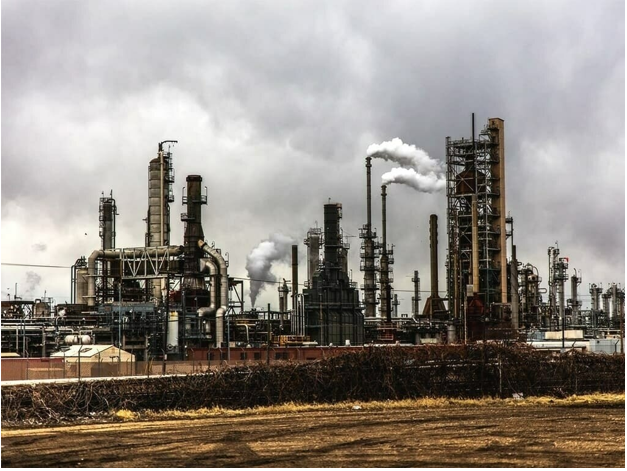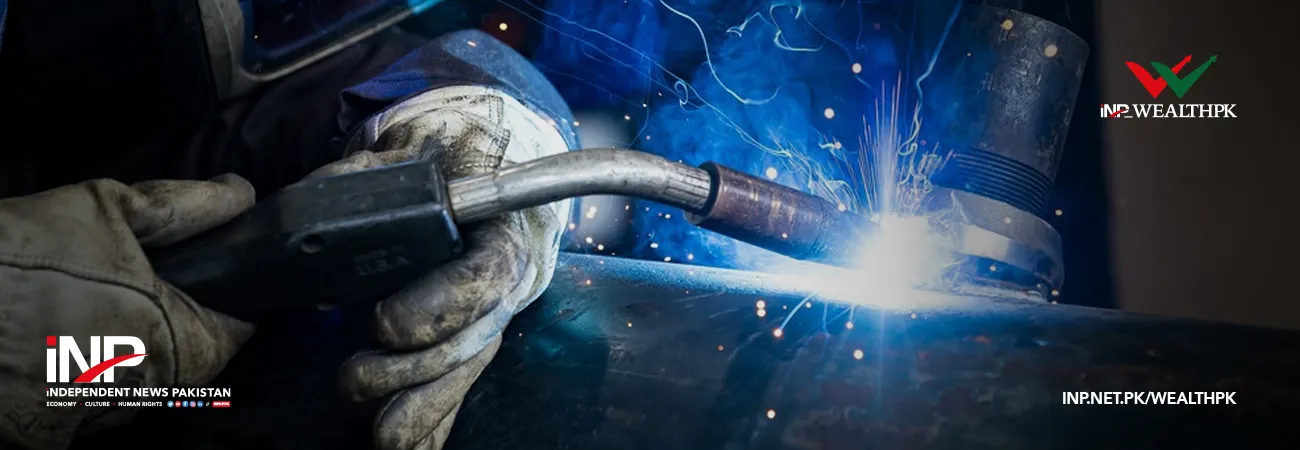INP-WealthPk
Ahmed Khan Malik
Industrialists have urged the Sindh government to formulate a comprehensive industrial policy, highlighting the urgent need for clear strategies to stimulate growth, attract investment, and strengthen the manufacturing sector.

Representatives from industrial associations have emphasised that the lack of a structured industrial framework is increasingly creating uncertainty among local entrepreneurs and foreign investors alike. "Without a coherent industrial policy, businesses cannot plan for long-term expansion, innovation, or job creation," said Masood Pervaiz, President of SITE Superhighway Association of Industries.

Talking to Wealth Pakistan, he pointed out that Sindh, as the economic hub of Pakistan, holds enormous potential to drive the country’s manufacturing and industrial output. “However, inconsistent regulations, outdated policies, and inadequate infrastructure have hindered growth in key sectors, including textiles, chemicals, engineering goods, and food processing.”
"Time is of the essence," remarked Pervaiz. "If we delay the industrial policy further, we risk losing our competitive edge to other provinces and regional economies." He called for a policy that not only prioritises industrial expansion but also addresses critical challenges such as energy shortages, access to financing, technology adoption, and workforce development.
Key demands from the industrial community including establishing a clear roadmap for industrial zones, providing incentives for small and medium-sized enterprises, and taking measures to attract foreign direct investment, he said.
He stressed that targeted fiscal incentives, tax rebates, and streamlined regulatory processes would encourage private sector participation and spur sustainable industrial growth.
Industrialists said that Punjab and Khyber Pakhtunkhwa recently introduced progressive industrial strategies, resulting in increased investment flows and job creation. They said that Sindh must follow suit to maintain its position as the leading economic driver of Pakistan.
"The industrial policy should be forward-looking, incorporating innovations in digital manufacturing, renewable energy, and sustainable practices," said Shaikh Muhammad Tehseen, President of Federal B Areas Association of Trade and Industries.
In addition to growth incentives, he highlighted the importance of public-private partnerships to develop modern infrastructure, logistics networks, and training programmes. He emphasised that aligning industrial development with urban planning and energy policy would create a more resilient and productive industrial ecosystem.
He called for greater dialogue between the government and industry stakeholders to ensure that the policy is practical and implementable. "Policies made in isolation from industry realities often fail," he noted. He stressed that creating a transparent, predictable, and business-friendly environment is key to attracting international investors.
He recommended that the government establish a dedicated industrial policy unit to monitor implementation, evaluate outcomes, and make necessary adjustments over time. “A timely and robust industrial policy can provide the necessary framework for Sindh to lead the nation towards sustainable industrialisation,” Tehseen underscored.
Credit: INP-WealthPk









